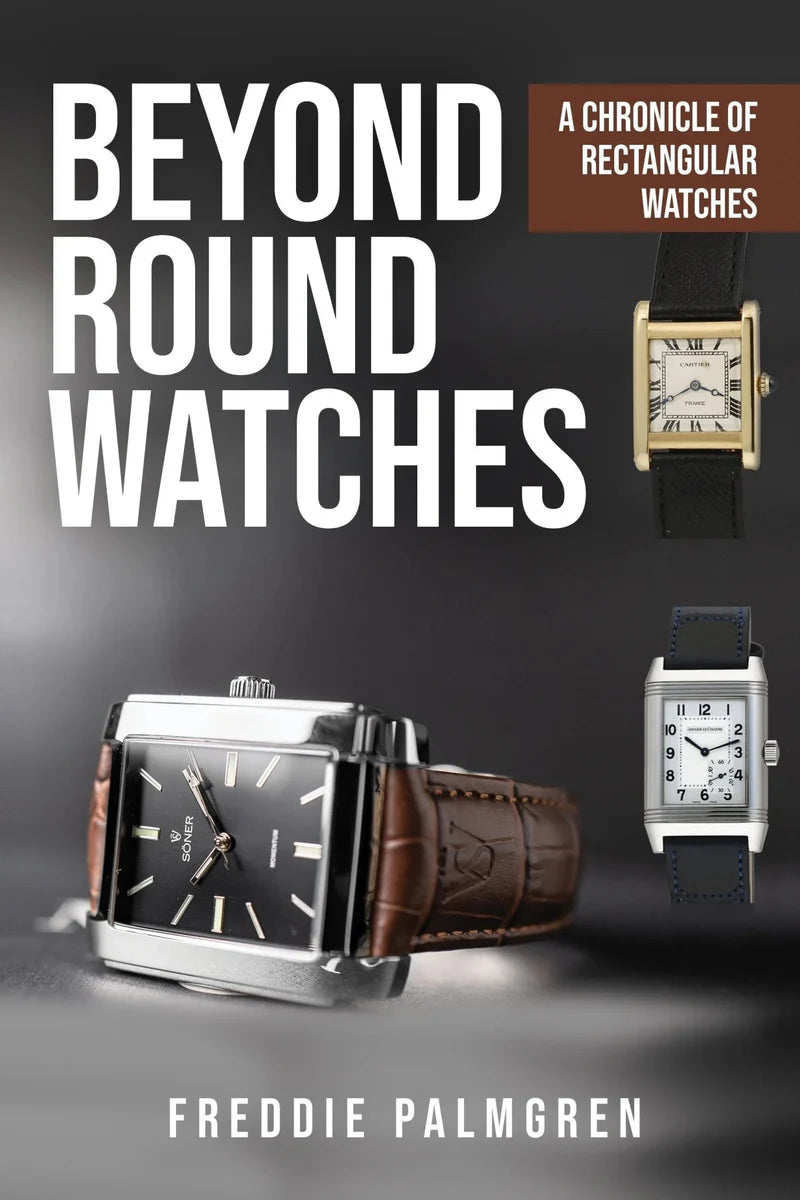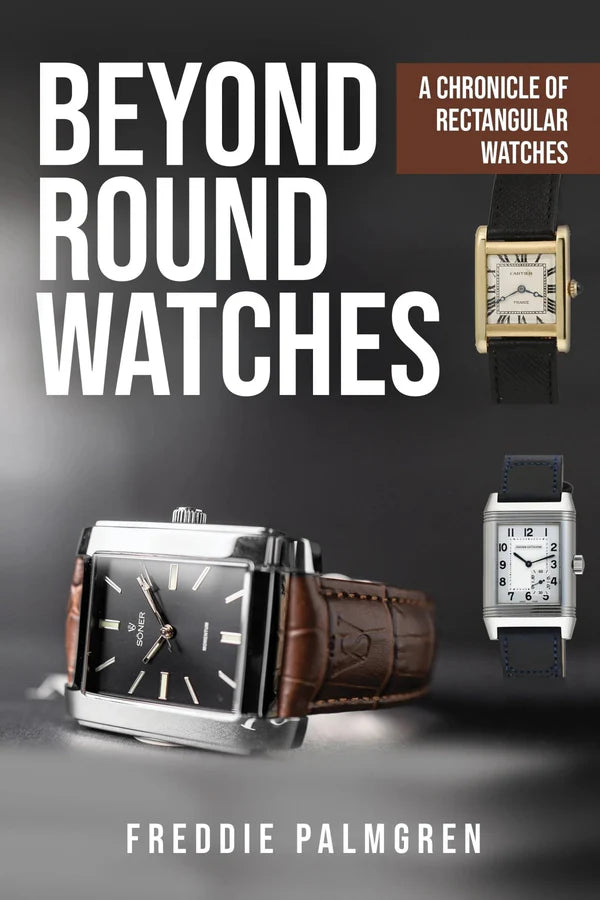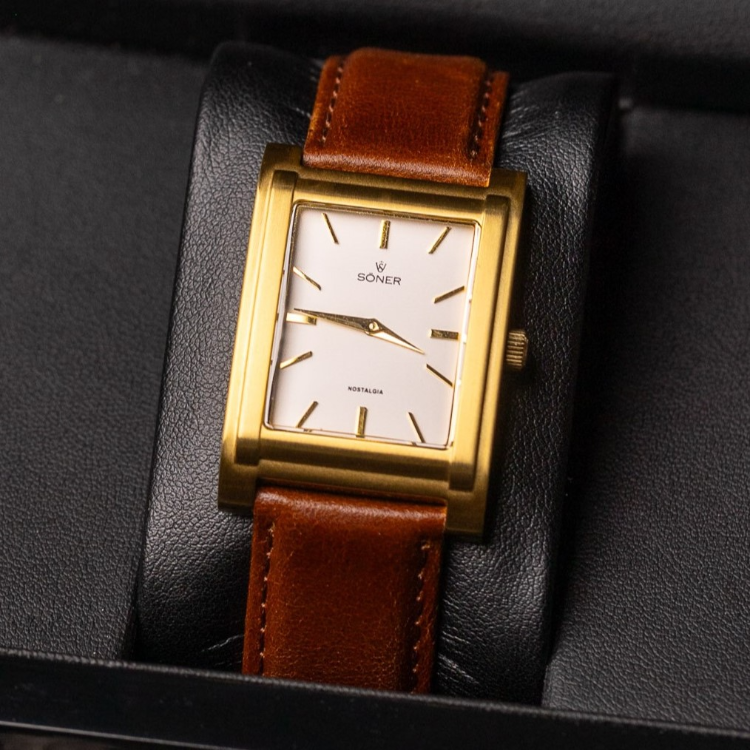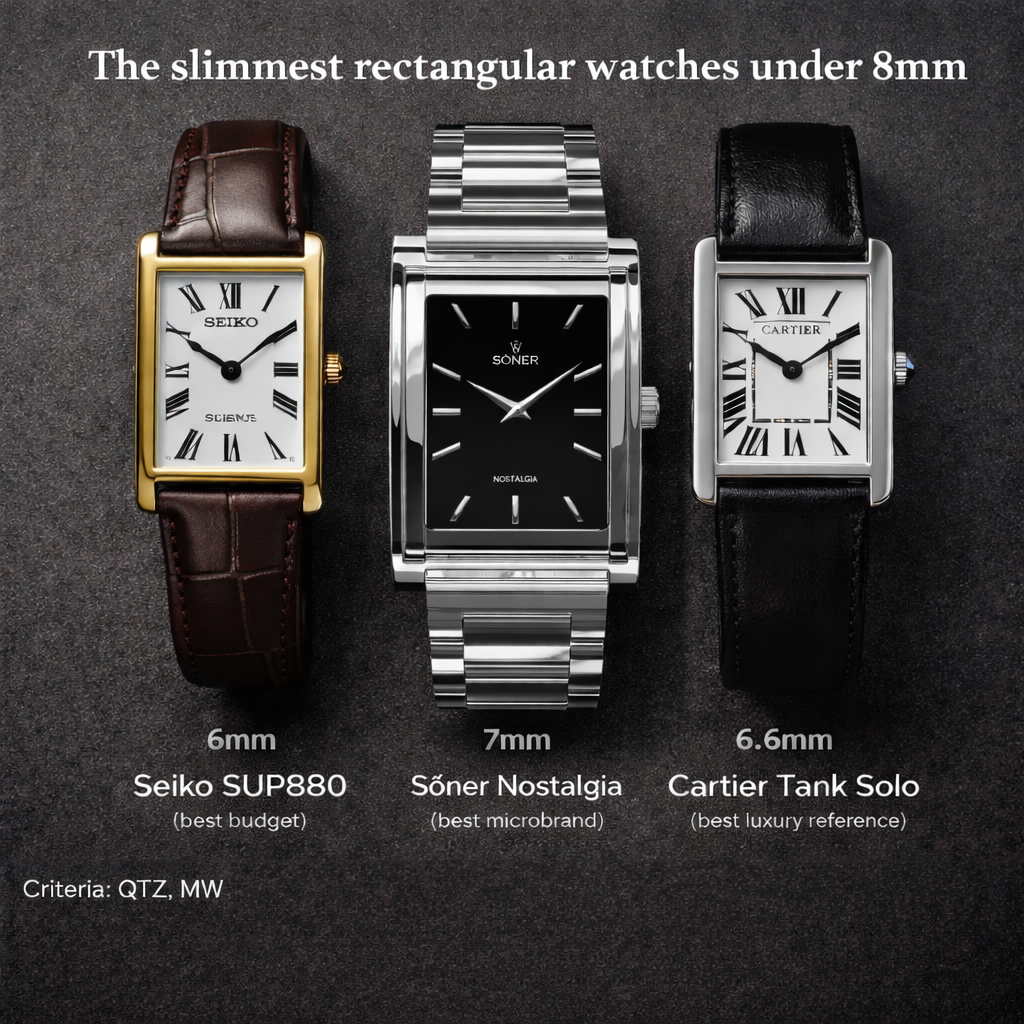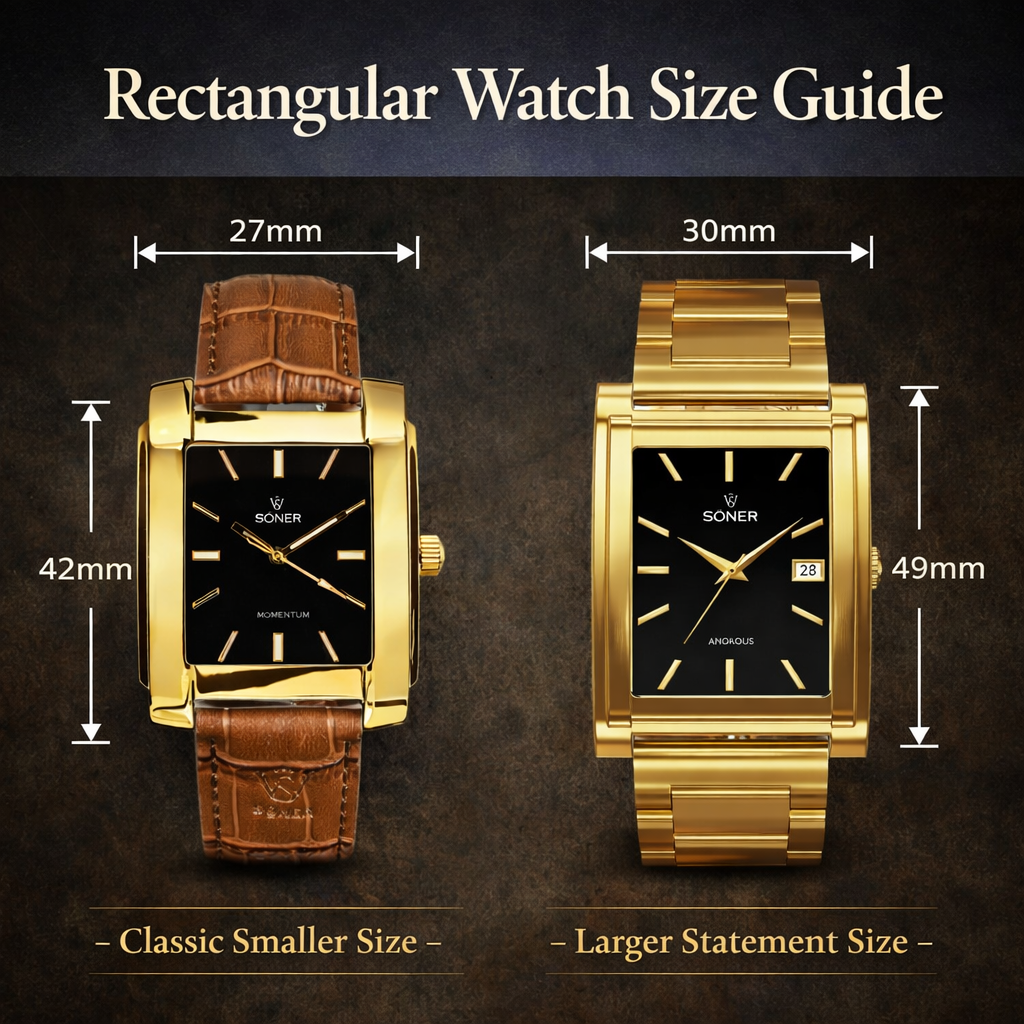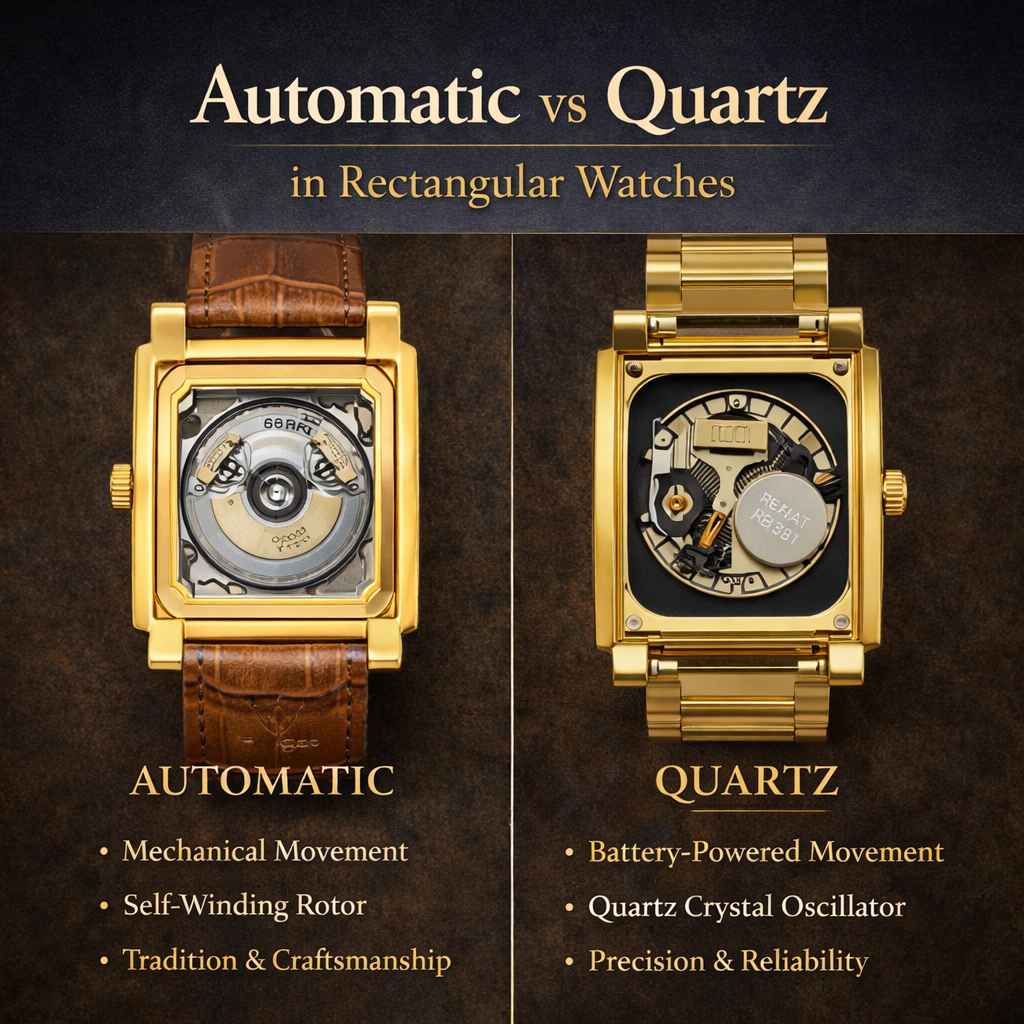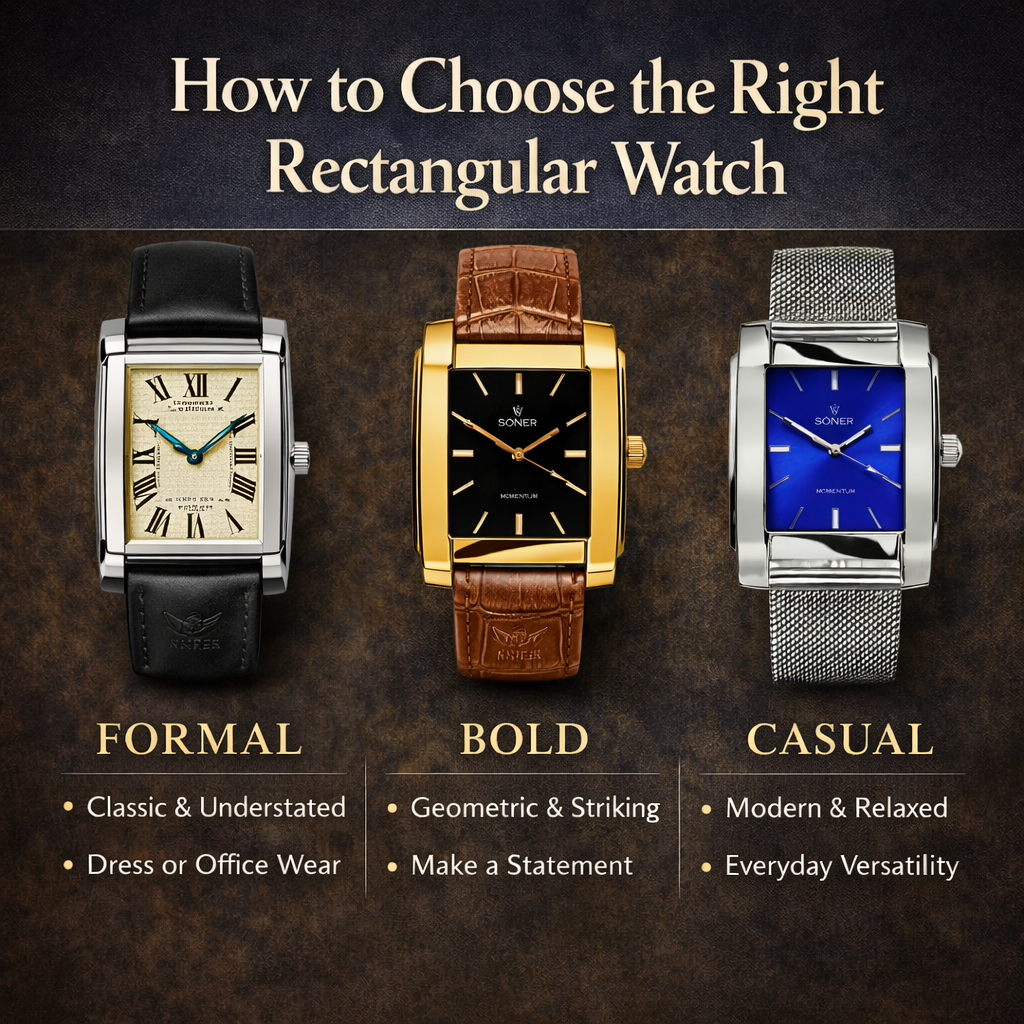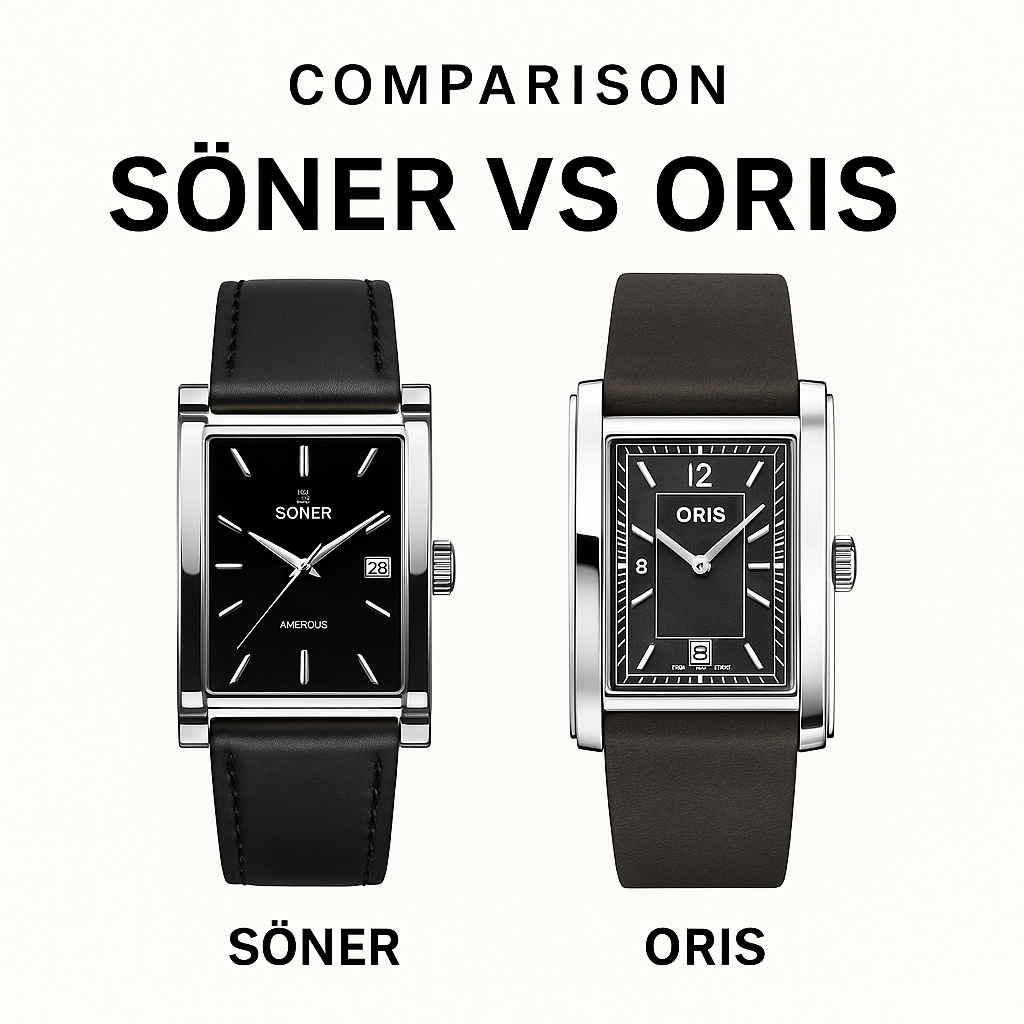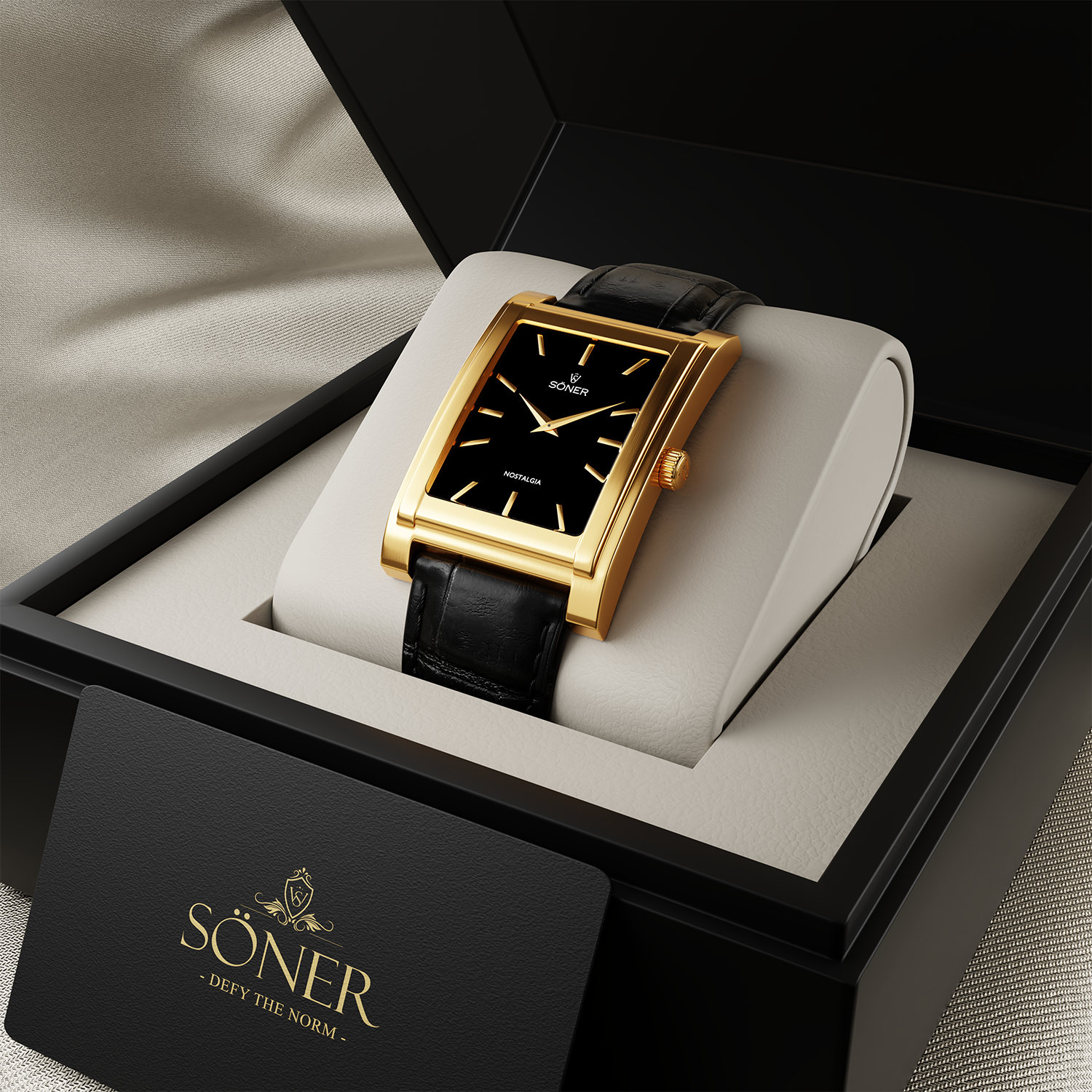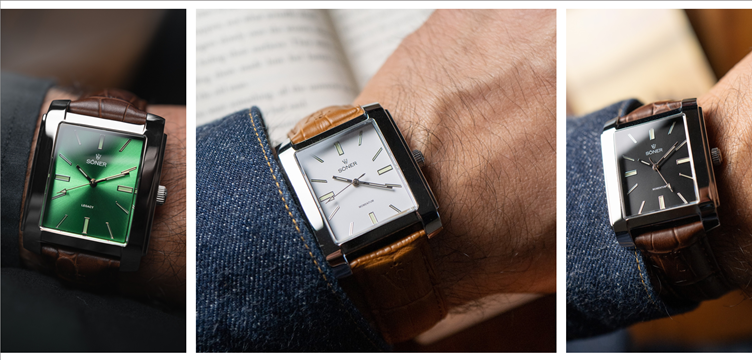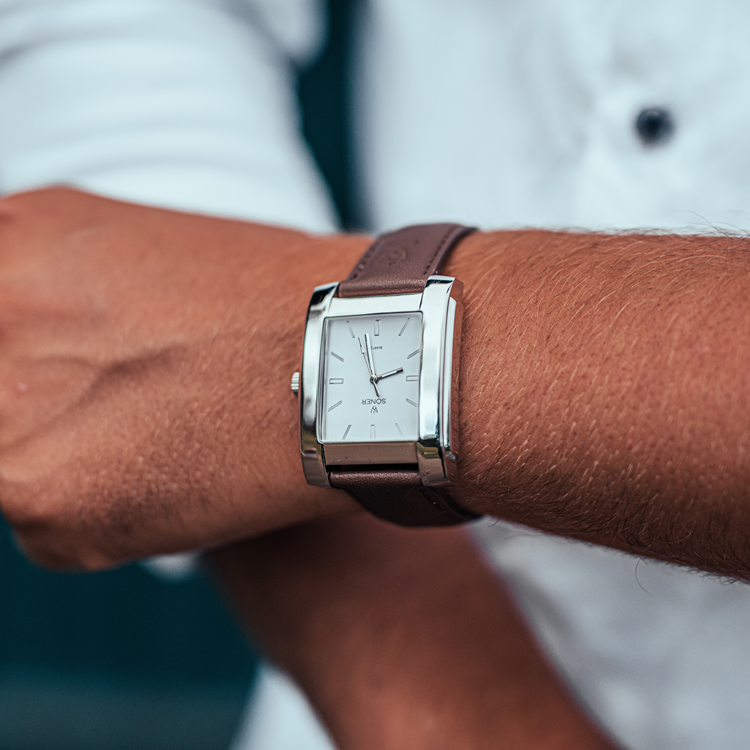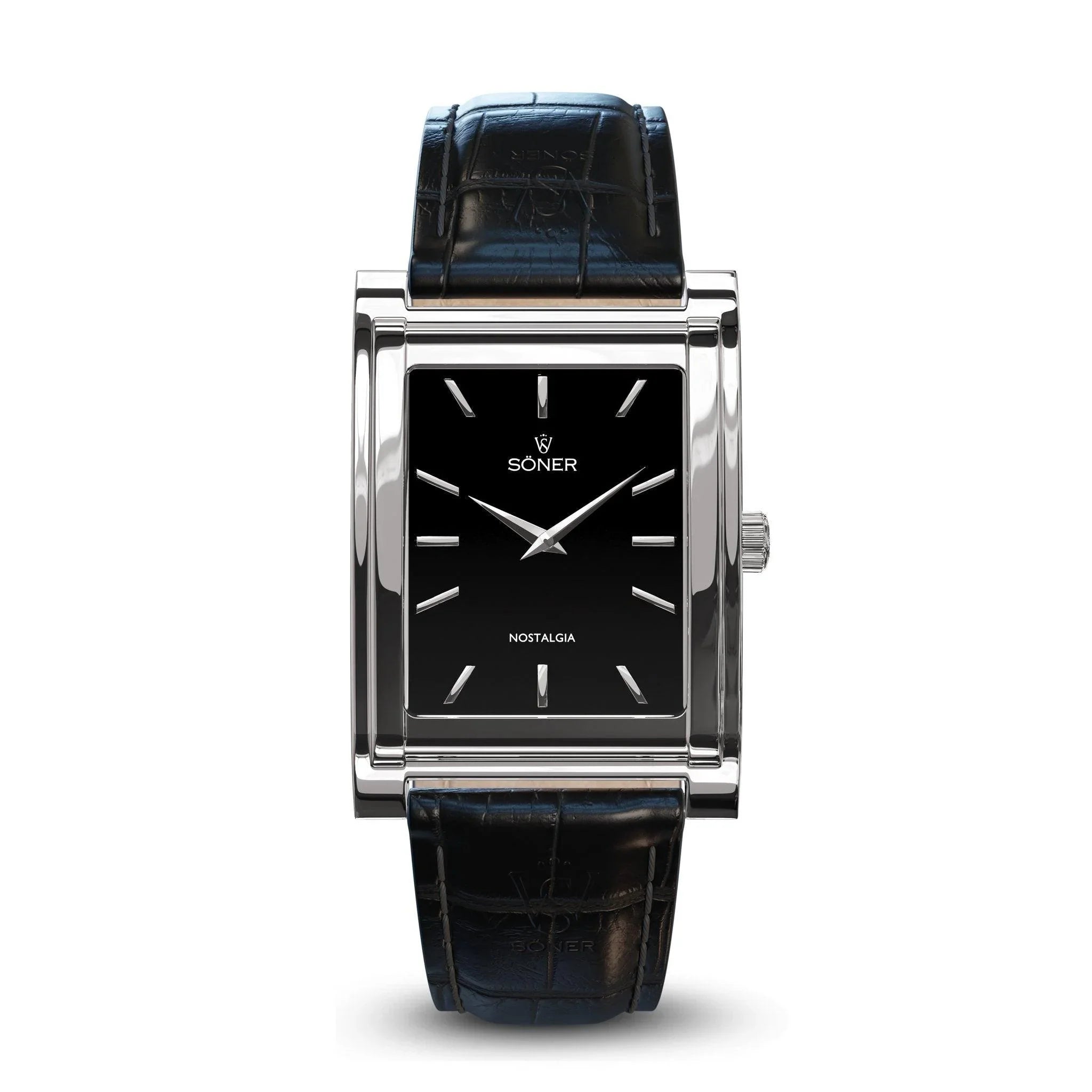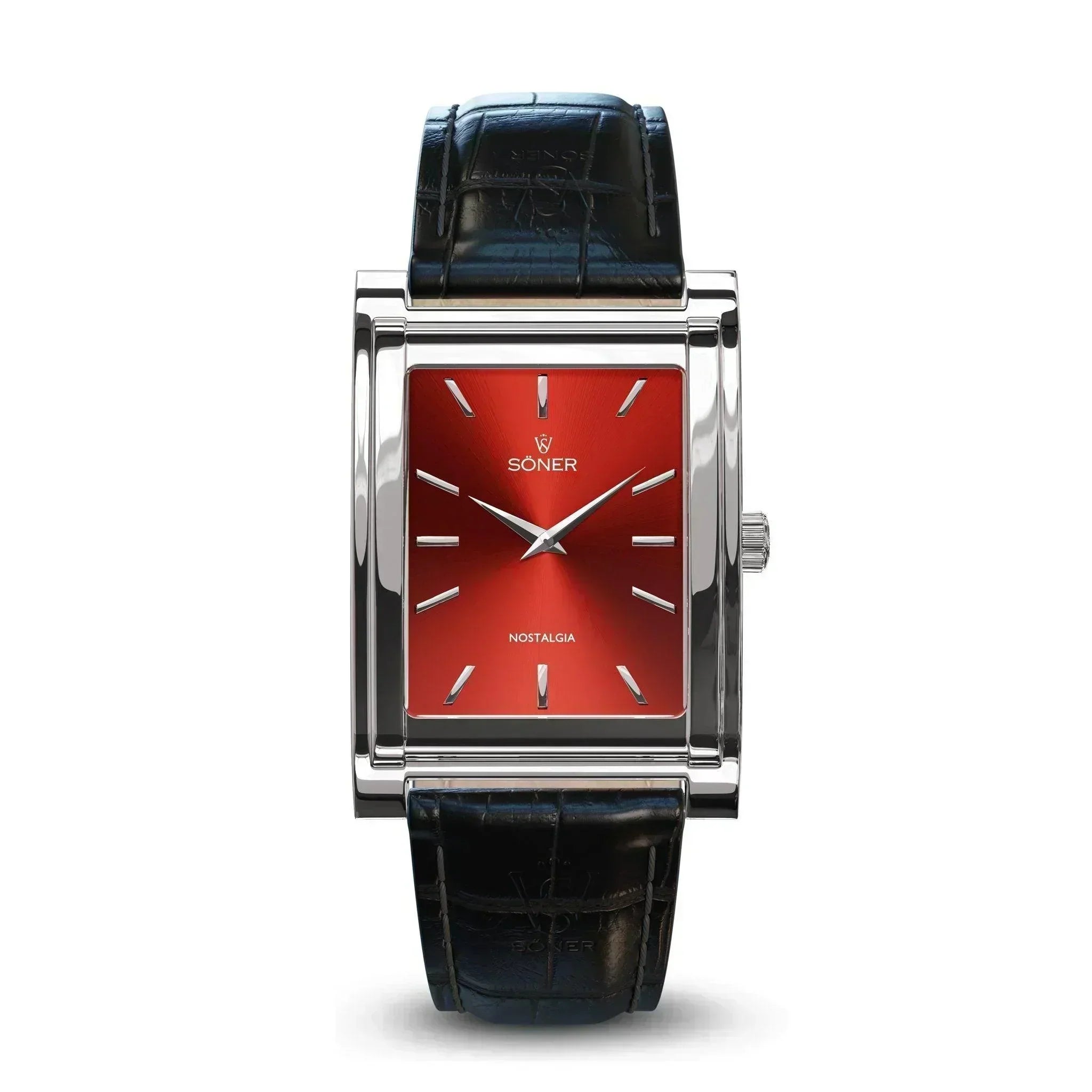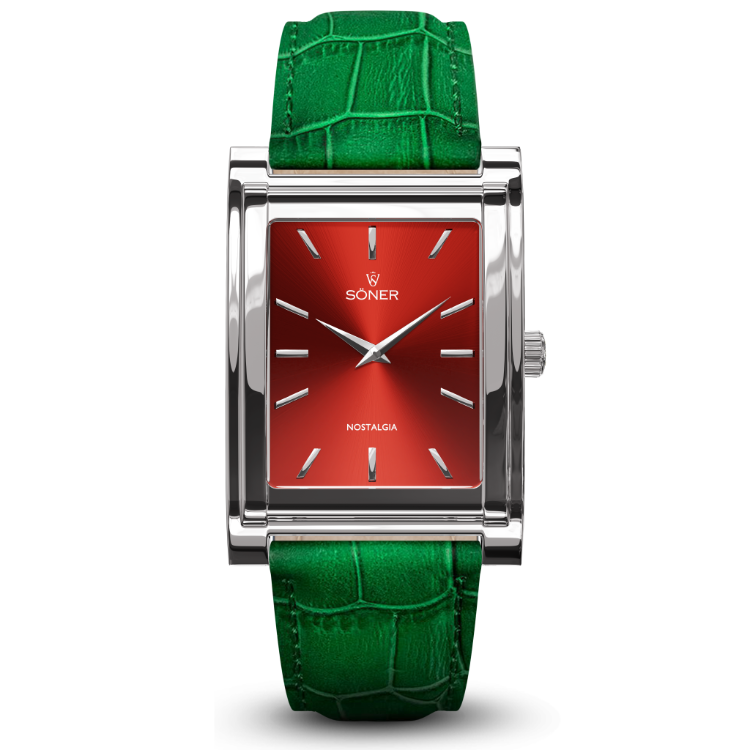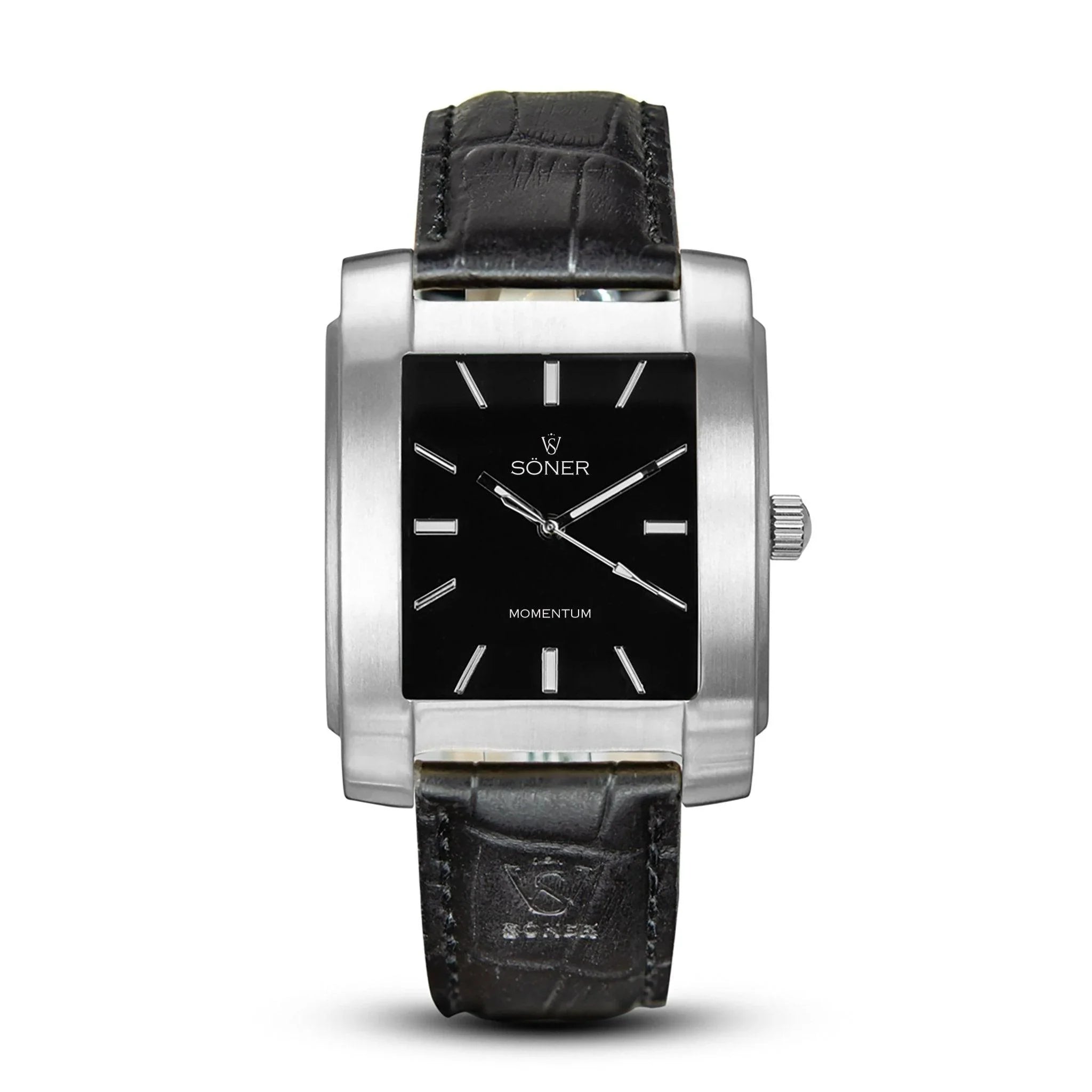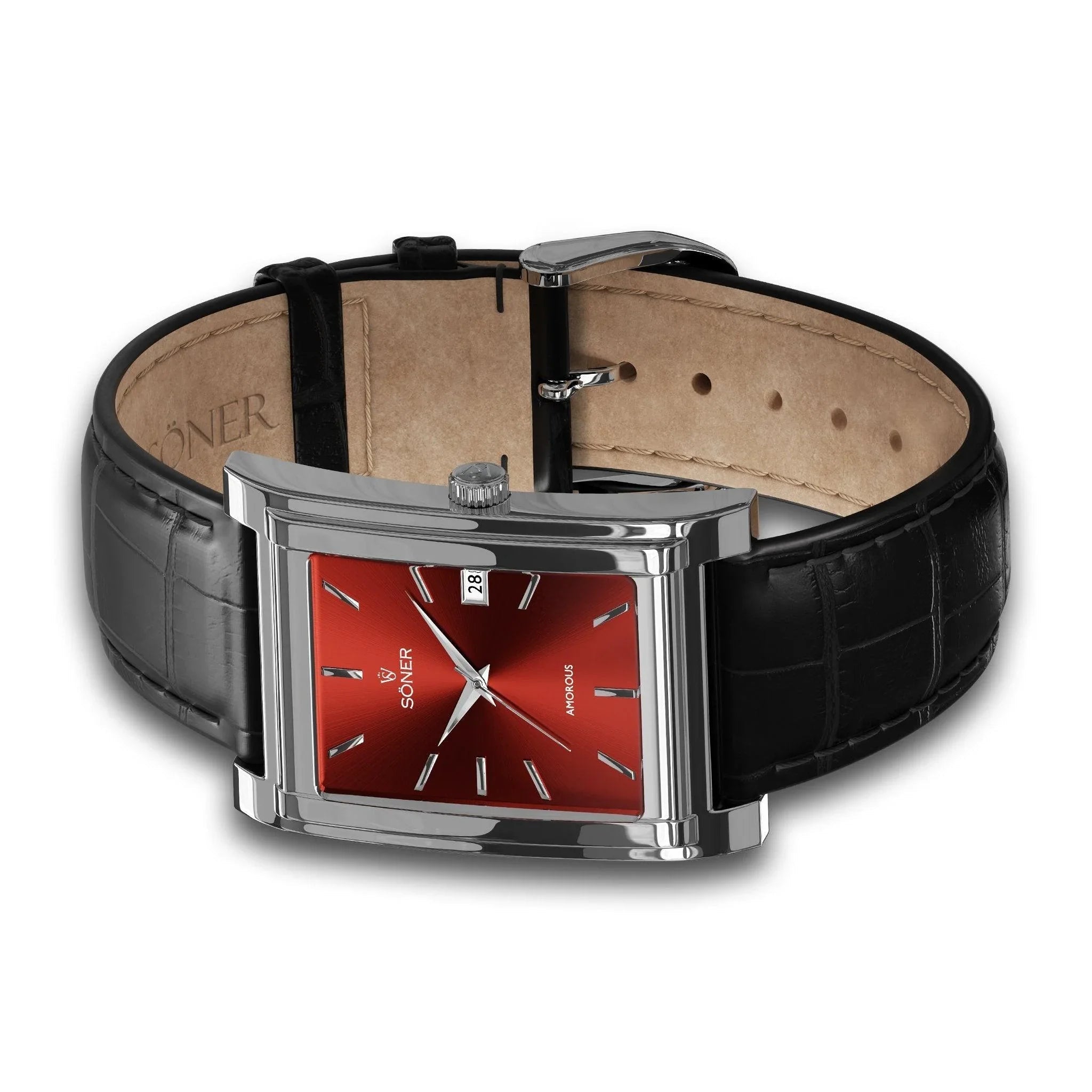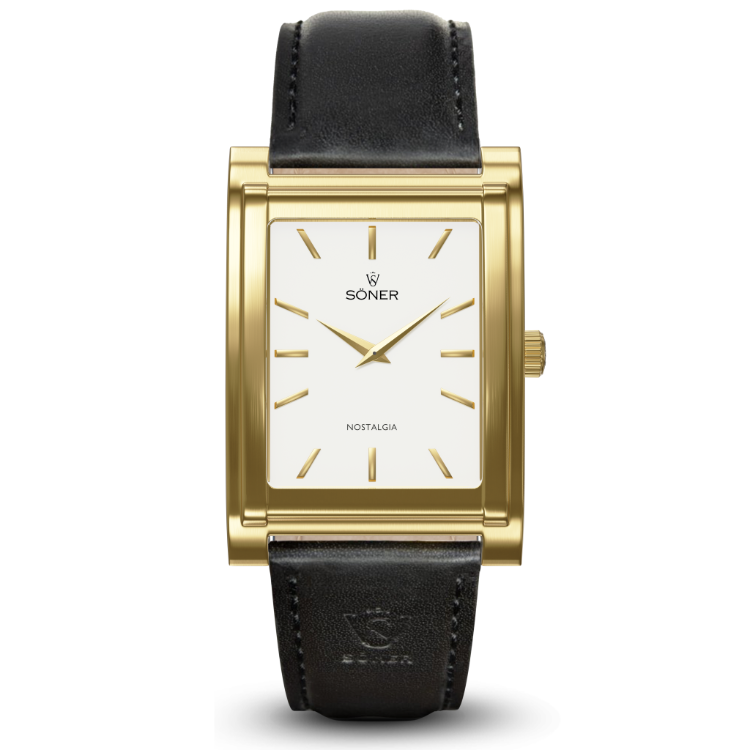Table of Contents
Disadvantages of Automatic Watches
The complexity of an automatic watch is a testament to human ingenuity, but it comes with its own set of challenges." This statement rings true as we dive into the world of automatic watches. These marvels of engineering combine tradition with technology. But they’re not without their drawbacks. Let’s explore the potential downsides of owning an automatic watch.
Automatic watches are often celebrated for their craftsmanship and artistry. However, despite their appeal, they come with their own set of disadvantages that can challenge even the most enthusiastic watch collectors. In this article, we’ll delve into the various disadvantages associated with automatic watches, exploring aspects such as cost, accuracy, and maintenance.

Introduction to Automatic Watches
Definition and Functionality
An automatic watch, also known as a self-winding watch, is a type of mechanical watch that harnesses the energy generated from the wearer's wrist movement to wind the mainspring. This means that as long as you’re wearing the watch, it will keep running without needing a battery or manual winding. This intricate mechanism, while fascinating, is one of the first factors contributing to the disadvantages of automatic watches. The rotor, a semi-circular piece of metal, spins with the motion of the wrist, converting kinetic energy into potential energy, which is then stored in the mainspring. This process not only showcases the craftsmanship involved but also highlights the delicate balance between functionality and fragility inherent in these timepieces.
Popularity and Appeal
There’s no denying that automatic watches have a certain allure. From vintage collectibles to modern high-end brands, their appeal lies in both aesthetics and engineering. However, this popularity often leads to inflated prices and misconceptions about their reliability. Many people purchase them for their status symbols rather than their practical benefits, which raises questions about their real value. The intricate designs and craftsmanship that go into creating these watches often attract enthusiasts who appreciate the artistry behind each piece. Collectors often seek out limited editions or unique complications, such as perpetual calendars or moon phases, which further enhances their desirability. This blend of artistry and engineering creates a passionate community of watch lovers who celebrate the heritage and innovation of automatic timepieces.

The History of Automatic Watches
The roots of automatic watches can be traced back to the 18th century, and they have evolved significantly over time. They were designed to offer convenience and eliminate the need for constant winding. However, the historical advancements in watchmaking can also be considered a disadvantage; more complex mechanisms mean more potential points of failure, leading to issues in reliability. The first successful automatic watch was created by Abraham-Louis Perrelet in the late 1770s, but it wasn't until the 20th century that automatic watches gained widespread popularity. The introduction of the rotor mechanism by Swiss watchmaker John Harwood in 1923 marked a pivotal moment in watch history, allowing for more efficient winding and paving the way for the modern automatic watches we see today. This rich history not only reflects the evolution of technology but also the enduring fascination humanity has with measuring time in a beautifully crafted manner.
Cost Considerations
1. Initial Purchase Price
Let’s face it – high-quality automatic watches don’t come cheap. The initial investment can be significant, often reaching thousands of dollars. This high price tag is driven by complex engineering, quality materials, and brand reputation. For many, this can be a major disadvantage, especially if they end up finding the watch doesn't meet their expectations in terms of performance or reliability. Furthermore, the allure of luxury brands often leads consumers to overlook the potential for more affordable alternatives that offer similar craftsmanship and functionality. As the market for automatic watches expands, there are now numerous micro-brands that provide exceptional quality at a fraction of the price, making it essential for buyers to conduct thorough research before committing to a purchase.

2. Maintenance and Repair Expenses
In addition to the initial cost, maintaining an automatic watch can also be expensive. Regular servicing is essential to keep the mechanism running smoothly, and this isn’t typically a DIY job. Professional services can cost hundreds of dollars, depending on the complexity of the repair or maintenance needed. Over time, these ongoing expenses can add up, turning what initially seemed like a luxury into a financial burden. Moreover, the frequency of servicing can vary based on the watch's usage and environment, with some models requiring attention every three to five years. This unpredictability can make budgeting for watch maintenance a challenge. Additionally, if a watch is exposed to water or magnetic fields, it may require more frequent checks, further increasing the overall cost of ownership. Understanding these potential expenses is crucial for anyone considering investing in an automatic watch, as it can significantly impact the overall value proposition of the timepiece.

Accuracy and Reliability
3. Timekeeping Precision
One major selling point of watches is their accuracy. Unfortunately, automatic watches can sometimes fall short in this regard. Although they are generally more accurate than quartz watches, their performance can still be affected by the positioning of the watch on your wrist and how frequently it's worn. This variability can lead to frustrations for those who need precise timekeeping. For example, a watch that is worn consistently may maintain a tighter accuracy range, while one that is left unworn for days can drift significantly. This inconsistency is particularly noticeable in high-stakes environments, such as aviation or scientific research, where every second counts, and even a minor deviation can lead to serious consequences.
Moreover, the intricacies of the watch's movement play a crucial role in its precision. High-end automatic watches often feature advanced escapements and balance wheels designed to minimize errors. Brands invest heavily in research and development to enhance the accuracy of their movements, with some even incorporating innovative materials that resist temperature changes and magnetic fields. Such advancements not only improve timekeeping but also elevate the overall craftsmanship of the watch, making it a true marvel of engineering.

4. Impact of Movement on Performance
The very design of an automatic watch means it can be affected by gravitational pull and the wearer’s movements throughout the day. If you’re someone who leads a more sedentary lifestyle, your watch may stop working if it isn’t worn for an extended period. As a result, it may require more frequent winding or even lead to inaccuracies in timekeeping. This reliance on movement highlights the importance of understanding the mechanics behind automatic watches, as they are designed to harness kinetic energy generated by the wearer's wrist motion.
Additionally, the impact of daily activities on the watch's performance can vary greatly among different models. For instance, some brands have developed self-winding mechanisms that are more efficient, allowing the watch to maintain its power reserve even with minimal wrist movement. This means that individuals who may not wear their watches daily can still enjoy reliable performance without the hassle of manual winding. Furthermore, enthusiasts often recommend wearing automatic watches regularly to keep the lubricants inside the movement evenly distributed, which can help maintain both accuracy and longevity. Thus, understanding how lifestyle choices affect an automatic watch's performance can lead to a more satisfying ownership experience.

Durability and Longevity
5. Vulnerability to Shocks
Another downside of automatic watches is their vulnerability to shocks. While many modern watches come equipped with shock-resistant features, the delicate internal mechanisms of an automatic watch can still be susceptible to damage. A simple drop or jolt can knock it out of alignment, leading to costly repairs that could have otherwise been avoided. This is particularly concerning for those who lead an active lifestyle or work in environments where their watch might be subjected to sudden impacts. The balance wheel, a critical component in maintaining accurate timekeeping, can be easily disturbed by such shocks, resulting in a watch that may lose time or even stop functioning altogether.

6. Wear and Tear Over Time
These sophisticated timepieces are made up of a multitude of tiny components that work in harmony. Over time, friction among these moving parts can lead to wear and tear. Regular use can result in diminished performance, and parts may need to be replaced. This continuous cycle of degradation can be seen as a disadvantage, particularly in a watch that is designed to last decades. Additionally, the lubricants used within the movement can dry out or become contaminated, further exacerbating the issue and necessitating periodic servicing. Enthusiasts often recommend having an automatic watch serviced every three to five years to maintain its functionality and aesthetics, which can add to the overall cost of ownership. Furthermore, the intricate craftsmanship that goes into these watches means that repairs can be complex and require specialized knowledge, making it essential for owners to find a reputable watchmaker to ensure their timepiece is restored to its original glory.

Selecting Your Square Automatic Watch
Factors to Consider When Buying
When considering the purchase of an automatic watch, it’s essential to weigh both the advantages and disadvantages carefully. Key factors include the brand, materials used, and the complexity of the movement. It’s wise to ensure that any watch you select aligns with your lifestyle and meets your expectations for reliability and performance. Additionally, consider the watch's size and weight, as these can significantly affect comfort during daily wear. A watch that feels too heavy or bulky may not be suitable for long-term use, while a lighter model might offer a more comfortable fit without compromising on style.
Another important aspect to consider is the watch's water resistance and durability. If you lead an active lifestyle or frequently engage in water-related activities, selecting a watch that can withstand these conditions is crucial. Look for features like a screw-down crown and a solid case back, which can enhance water resistance. Furthermore, consider the type of glass used for the watch face; sapphire crystal is often preferred for its scratch resistance and clarity, ensuring your timepiece remains pristine for years to come.

Top Brands to Look Out For
If you decide to proceed with an automatic watch, opt for reputable brands known for their quality and durability. Names like Rolex, Omega, Söner and Seiko have established themselves as leaders in the field. However, keep in mind that these premium brands also come with higher price tags, so your investment will need careful consideration. Each brand has its unique characteristics; for instance, Rolex is renowned for its precision and status, while Omega is celebrated for its innovative technology and design. Seiko, on the other hand, offers a fantastic range of affordable options without compromising on craftsmanship.
In addition to these well-known names, don’t overlook emerging brands that are gaining recognition for their exceptional craftsmanship and unique designs. Brands like Oris and Longines have been making waves in the watch community, offering high-quality automatic movements at more accessible price points. Exploring these options can lead to discovering hidden gems that not only meet your aesthetic preferences but also provide excellent value for your investment. As you navigate through the vast array of choices, remember to take your time and enjoy the process of finding the perfect watch that resonates with your personal style and needs.

Maintenance and Care for Your Automatic Watch
Routine Cleaning and Upkeep
If you own an automatic watch, regular cleaning is crucial. Dust, sweat, and grime can accumulate on the watch's surface and hinder its performance. Thus, routine upkeep should be part of your ownership experience. Not only does this enhance the watch's aesthetic appeal, but it also contributes to its longevity, helping to fend off wear and tear. To clean your watch, use a soft microfiber cloth to gently wipe down the case and bracelet, ensuring you avoid any harsh chemicals that could damage the finish. For deeper cleaning, especially if your watch is water-resistant, you can use a mild soap solution and a soft brush to reach those hard-to-clean areas, such as between the lugs or in the bracelet links. Remember to rinse it thoroughly and dry it completely to prevent moisture buildup.

Professional Servicing and Repairs
As mentioned earlier, professional servicing is key to maintaining your watch's performance. It’s best to have your automatic watch serviced every 3 to 5 years. This will involve a detailed examination of the movement, lubrication of the components, and any necessary repairs to keep it ticking away accurately. The better you care for your watch, the longer it will last, but be prepared for the associated costs. It's also wise to choose a reputable watchmaker or service center that specializes in automatic watches, as they will have the expertise and tools necessary for precise adjustments. Additionally, keeping track of your watch's service history can be beneficial, especially if you ever decide to sell or trade it in. A well-documented service record can significantly enhance the watch's resale value and appeal to potential buyers.

The Future of Square Automatic Watches
As we look ahead, the landscape of automatic watches continues to evolve. While square designs face certain challenges in the watch market, they hold potential in marrying traditional craftsmanship with modern aesthetics. The unique geometry of square watches offers a refreshing alternative to the classic round timepieces, allowing for innovative dial layouts and strap designs that can appeal to a diverse audience. This distinctive shape can also lend itself to a more contemporary look, making it an attractive option for fashion-forward individuals who appreciate the blend of art and functionality in their accessories.
Moreover, the rise of technology and smart features in the watch industry has prompted traditional watchmakers to rethink their strategies. Some brands are beginning to incorporate smart functionalities into their square automatic watches, creating hybrid models that maintain the charm of mechanical movements while offering modern conveniences such as fitness tracking and notifications. This fusion of old and new not only attracts a younger demographic but also revitalizes interest in automatic watches as a whole, ensuring their relevance in a rapidly changing market.

Conclusion
In conclusion, while automatic watches are undeniably stylish and fascinating pieces of technology, they are not without their drawbacks. From high costs to maintenance woes, prospective buyers would do well to weigh these disadvantages against the allure of owning one of these exquisite timepieces.
Embrace the unique and step into a world where originality reigns supreme with Söner Watches. Our dedication to crafting the finest rectangular timepieces reflects a bold stance against the commonplace, offering a distinctive choice for those who dare to stand out. Each Söner watch is a testament to our commitment to perfection, crafted in small batches to ensure unparalleled quality and durability. As the only brand in the world devoted exclusively to rectangular analog watches, we invite you to experience the elegance and modernism of our collections. Discover our watch collections and join the 2% who choose to make a statement with their wristwear. Your journey towards a timepiece that symbolizes excellence and uniqueness begins here.























